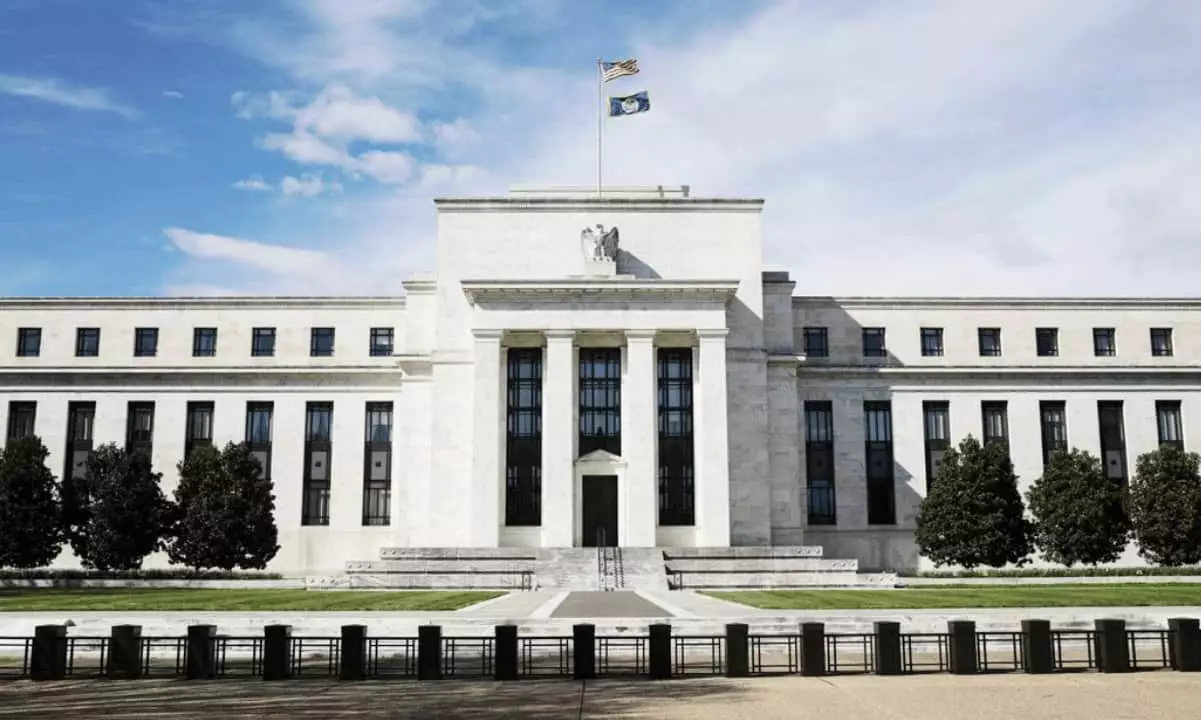The recent announcement of Michael Barr’s resignation from his position as the U.S. Federal Reserve’s Vice-Chair for Supervision carries significant implications for the future of banking regulations and the cryptocurrency landscape in the United States. Just as the country braces for the return of President-elect Donald Trump, Barr’s departure raises questions about the direction of financial oversight, especially concerning digital assets. His tenure, marked by fervent scrutiny of the crypto industry, underscores the tension between traditional banking frameworks and emerging financial technologies.
Barr’s appointment as Vice-Chair for Supervision in July 2022 came on the heels of the 2008 Global Financial Crisis, aimed at injecting greater transparency and accountability into the Federal Reserve’s oversight processes. His role was pivotal in navigating the complexities of an increasingly digital financial milieu, yet it was also characterized by confrontations with the evolving cryptocurrency sector. Many industry stakeholders have perceived his approach as draconian, viewing his efforts to restrict banks’ dealings with digital assets as a barrier to innovation.
During his term, Barr’s assertions that cryptocurrencies posed significant risks for banking institutions echoed across the sector, creating a palpable tension. He opined that allowing banks to hold crypto-assets on their balance sheets would be “unsafe and unsound,” a perspective that has garnered both support and disdain in legislative and industry circles. His resignation, which is expected to take effect by the end of February unless a successor is found sooner, provokes deeper examination of the regulatory environment that could emerge under a different leadership.
The reactions to Barr’s impending exit reflect a broader discontent with regulatory policies surrounding cryptocurrencies. Sen. Cynthia Lummis, a prominent advocate for the digital assets market, harshly criticized Barr’s tenure, alleging that he expanded his powers at the expense of Wyoming’s burgeoning crypto industry. This sentiment echoes throughout the industry, highlighting a belief that regulatory bodies have been too restrictive, hindering innovation and investment.
Congressman Zach Nunn’s comments during a recent hearing encapsulate the frustration felt by many within the crypto community. His assertion that regulators have waged an “anti-crypto crusade” resonates beyond party lines, revealing a bipartisan concern that excessive regulation could place the United States at a competitive disadvantage in the global digital economy. This growing sentiment signifies a potential shift in Washington’s focus from stringent oversight to creating a conducive environment for cryptocurrency growth.
As discussions regarding Barr’s successor unfold, the critical question remains: what direction will the Federal Reserve take concerning digital currencies? A significant change in leadership could indicate an easing of regulations that have stifled institutional participation in cryptocurrency markets. The new administration under Trump may prioritize a more favorable environment for digital assets, aligning with his past words of support for innovations that could invigorate the American economy.
Furthermore, the implications of recent reports regarding coordinated efforts to slow down banks’ crypto-related activities add another layer of complexity. The release of unredacted letters from the Federal Deposit Insurance Corporation may deepen scrutiny over past efforts to limit financial institutions’ engagement with digital currencies. The repercussions of these revelations could lead to calls for broader reforms that address not only the approach to cryptocurrencies but also the comprehensiveness of regulatory frameworks in a rapidly evolving financial landscape.
Michael Barr’s resignation marks a significant moment in the regulatory evolution of the United States, particularly as it pertains to banking and cryptocurrency oversight. As the new administration gears up, industry advocates are hopeful for a regulatory shift that favors innovation while ensuring consumer protection. As stakeholders await Barr’s successor, the horizon looks promising for a possible realignment that might embrace the potential of cryptocurrencies, offering a more vibrant and competitive U.S. financial ecosystem. The interplay between regulation and innovation will undoubtedly shape the future landscape of both banking and cryptocurrency—a challenge and an opportunity that lies ahead.

